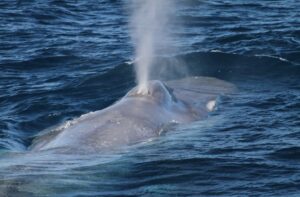
Challenges for blue whale populations
The largest living animal, the blue whale (Balaenoptera musculus) which averages about 27 metres in length, has slowly recovered from whaling only to face the rising challenges of […]

The largest living animal, the blue whale (Balaenoptera musculus) which averages about 27 metres in length, has slowly recovered from whaling only to face the rising challenges of […]
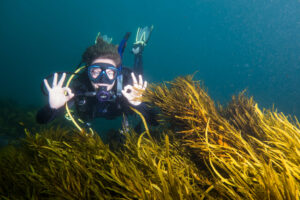
A new research project at Flinders University aims to explore and develop lucrative industrial-scale seaweed production, expected to create hundreds of jobs in regional Australia in […]
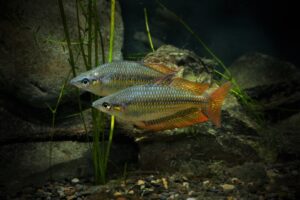
The future of freshwater fish species in Australia’s tropical rainforest areas, including the Daintree and Mosman Gorge, will increasingly be subject to the vagaries of climatic […]
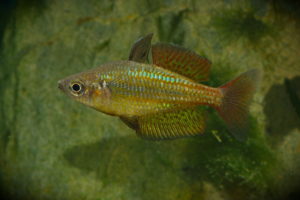
Genetic diversity is the raw material that enables populations to evolve in response to changes in the environment – essentially, the more diversity the better. Rapid […]
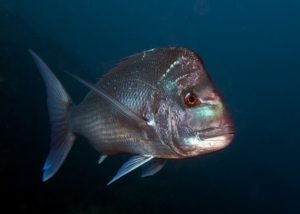
New research on snapper has revealed that there are more genetically distinct populations in the western part of its Australian range than previously understood. The research, led by […]
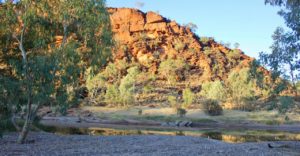
How life manages to persist in unpredictable and extreme environments is a major question in evolution. For aquatic animals, extreme environments include those with little water […]
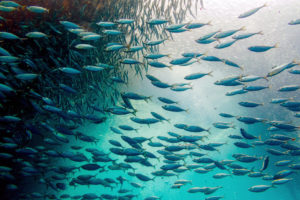
Scientists have discovered how one of the world’s biggest migration runs works. The Sardine Run involves the movement of hundreds of millions of sardines from their […]
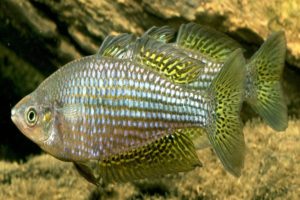
New research reveals how winners & losers from climate change can be identified based on their ability to adapt to rising future temperatures. In the first […]

What drives the evolution of new species of sharks and rays? Traditionally, scientists thought it required species to be separated by geographic or spatial barriers, however […]